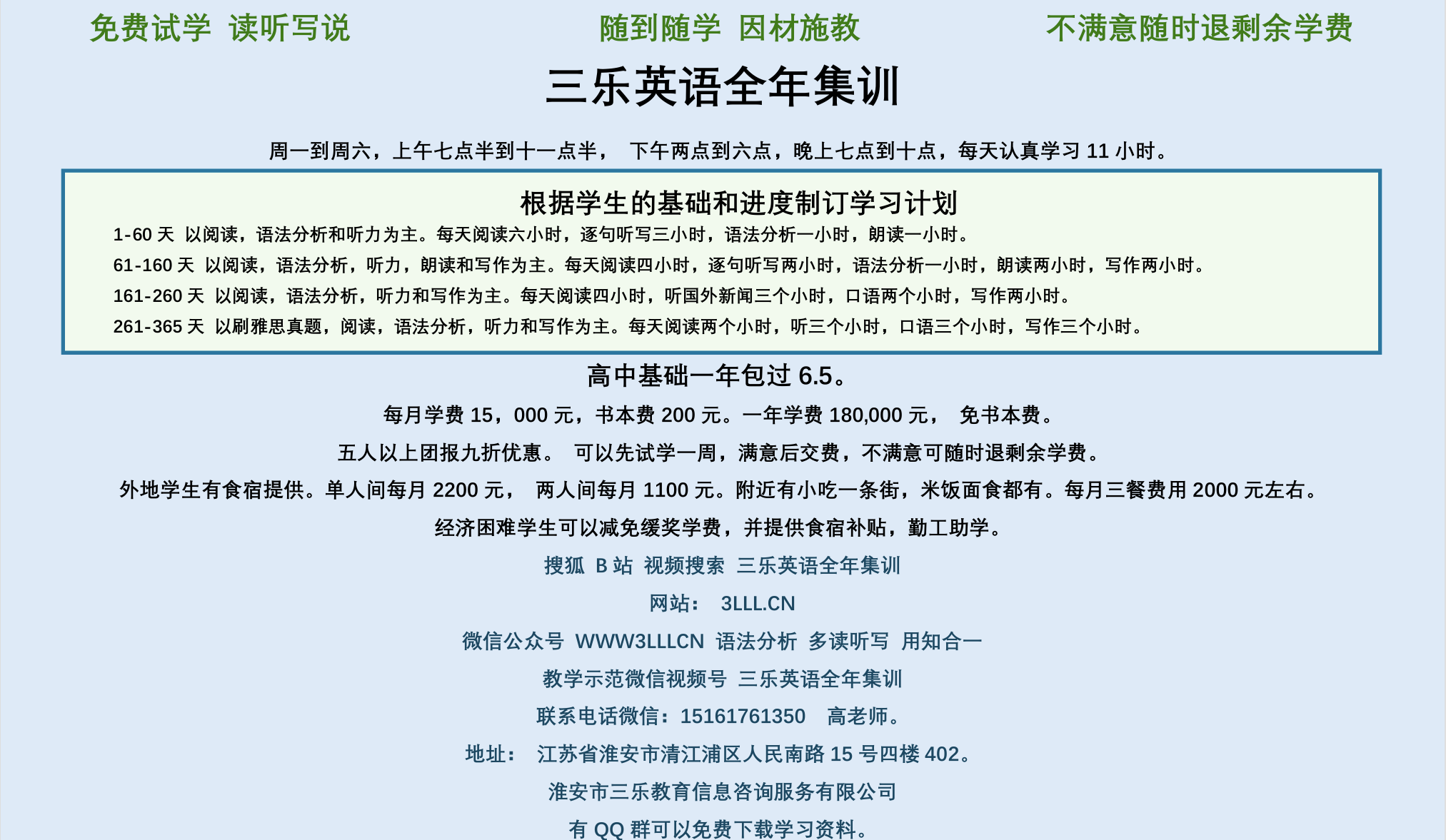🗣 SL提问: Liquidity
✍️ Ai批改: Liquidity refers to the ability to quickly convert assets into cash without significantly affecting their market value、In other words, it is the ease with which an asset can be bought or sold in the market at a fair price、Liquidity is an essential concept in finance, as it affects the efficiency and stability of financial markets, as well as the ability of individuals and businesses to access cash when needed.
Types of Liquidity:
1、Market liquidity: Refers to the ability to buy or sell a security quickly and at a fair price.
2、Accounting liquidity: Refers to a company's ability to meet its short-term obligations using its liquid assets.
Characteristics of Liquid Assets:
1、Convertibility: Can be easily converted into cash.
2、Marketability: Can be easily bought or sold in the market.
3、Low transaction costs: Can be traded with minimal costs, such as brokerage fees or bid-ask spreads.
Examples of Liquid Assets:
1、Cash: The most liquid asset, as it can be easily used to make purchases or pay bills.
2、Stocks: Listed stocks are generally liquid, as they can be easily bought or sold on stock exchanges.
3、Bonds: Government and corporate bonds are considered liquid, as they can be easily traded on bond markets.
4、Money market funds: These funds invest in low-risk, short-term debt securities and are highly liquid.
Examples of Illiquid Assets:
1、Real estate: Properties can take months or even years to sell, making them relatively illiquid.
2、Artwork: Unique pieces of art can be difficult to sell quickly and at a fair price.
3、Private company shares: Shares in private companies may not be easily tradable, as there is no public market for them.
Importance of Liquidity:
1、Financial stability: Liquidity helps maintain financial stability by allowing investors to quickly adjust their portfolios in response to changing market conditions.
2、Risk management: Liquidity enables investors to quickly exit positions, reducing the risk of significant losses.
3、Efficient markets: Liquidity facilitates efficient price discovery, as buyers and sellers can easily interact and agree on prices.
Liquidity Ratios:
1、Current ratio: Current assets / Current liabilities
2、Quick ratio: (Current assets Inventory) / Current liabilities
3、Cash ratio: Cash and cash equivalents / Current liabilities
These ratios help assess a company's ability to meet its short-term obligations using its liquid assets.
Factors Affecting Liquidity:
1、Market conditions: Economic downturns or market volatility can reduce liquidity.
2、Asset characteristics: The type of asset, its marketability, and its convertibility can impact liquidity.
3、Regulatory environment: Regulations can influence liquidity by affecting market participation, trading activity, and investor confidence.
In conclusion, liquidity is a vital concept in finance that affects the efficiency and stability of financial markets, as well as the ability of individuals and businesses to access cash when needed、Understanding liquidity is essential for making informed investment decisions and managing risk.
0
IP地址: 250.204.16.232
搜索次数: 78
提问时间: 2025-04-11 11:11:29
❓️ 热门提问:
ai下载安装
现货黄金看盘器
2019年黄金平均每克多少钱
黄金t+d风险大吗
泰信汇利三个月定开债券C
ai生存文章
外汇申报后才能结汇吗
国际金价4月21
如何自建外贸网站
.mg域名
豌豆Ai站群搜索引擎系统
🤝 关于我们:
三乐Ai
作文批改
英语分析
在线翻译
拍照识图
Ai提问
英语培训
本站流量
联系我们

🔗 友情链接:
站群培训
Sökmotor Android
ai提问
📢 温馨提示:本站所有问答由Ai自动创作,内容仅供参考,若有误差请用“联系”里面信息通知我们人工修改或删除。
👉 技术支持:本站由豌豆Ai提供技术支持,使用的最新版:《豌豆Ai站群搜索引擎系统 V.25.05.20》搭建本站。

















